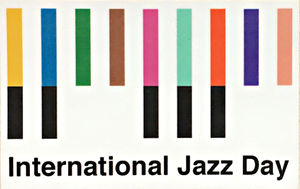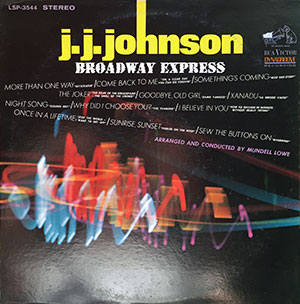One of the rationales many people had for electing Donald Trump as POTUS was that he was a “disrupter” who would “shake up the system.” Mission accomplished; the presidency of Donald Trump has been a wild ride. Or, more accurately, a broken ride at a more-or-less abandoned theme park out on the edge of town. The park is apparently open, but the rides aren’t really staffed and the safety bars can’t be lowered.
Unfortunately, shaking up a system is far too easy when you don’t understand how it’s supposed to work. Once, people might bang on the side of their TV sets if the picture got wobbly. You don’t see that anymore. This, however, is figuratively the “troubleshooting” technique of Donald J. Trump: just break things further. Added to this is
Trump’s unshakable belief that other people, laws, rules, (or norms of any kind), only exist to benefit him personally. The rest is window dressing. Fortunately for Donald Trump, there’s a whole political party dedicated to window dressing.
No more. Donald Trump must go.


